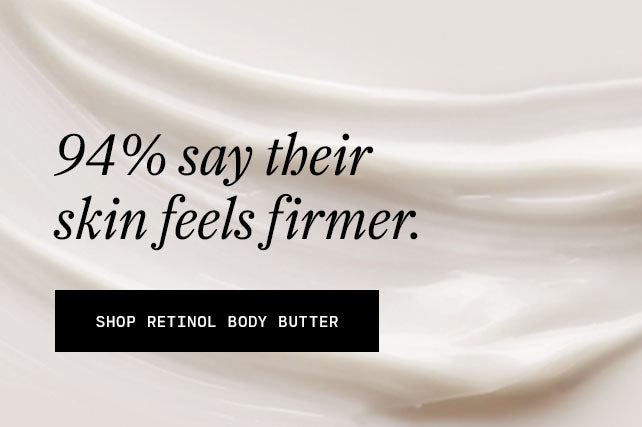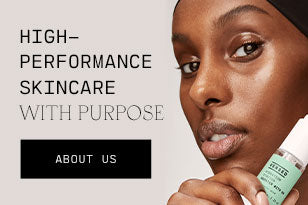
Derm Knows Best: Why Do I Have Bacne?
Welcome to our series Derm Knows Best, where a dermatologist takes over the Good Skin Blog to share their expertise on need-to-know skincare topics. This time we’re hearing from board-certified dermatologist Dr. Mahwish Javed MBBS, FCPS, who is diving into the causes of body acne and how to treat it.
Acne is a common skin condition that affects around 85% of people at some point during their lifetime. Although the face is the most frequently affected site, acne can affect any part of the body that is rich in sebaceous (oil-secreting) glands or hair follicles, including your back, chest, and bum. When present over these areas, it is known as truncal or body acne.
Even though around 61% of people are affected by body acne, most people are not quite comfortable talking about it. It is important to talk about body acne because—in addition to it being very, very normal— it can have a significant psychological impact and may lead to low self-esteem and body image.
WHAT TRIGGERS ACNE?
A considerable number of factors contribute to the formation of acne, including excessive activity in the oil glands that produce sebum. The combination of dead skin cells and sebum trapped inside hair follicles can lead to the formation of blackheads and whiteheads.THE CAUSES OF BODY ACNE
Acne can be triggered by factors like hormones, puberty, genetics, and emotional and physical stress. But when talking specifically about body acne, some additional elements need to be taken into account.Tight clothing (like sports bras and leggings) creates an ideal condition for acne breakouts by trapping oil, sweat, and dead skin cells in the pores, especially after exercise or working in a warm environment. Friction is another common cause of bacne; it is most commonly observed in athletes who use gear that constantly rubs the same area over and over again.
Soap, hair care, and lotions may also be responsible for body acne, especially if they contain synthetic fragrances which are known skin irritants. These can contain chemicals that clog pores, causing breakouts.
HOW TO CONTROL BODY ACNE
Acne treatments, along with adopting certain habits, can help prevent and heal body breakouts.APPLY SALICYLIC ACID
Add a benzoyl peroxide or salicylic acid wash to your shower routine, thoroughly cleansing the bum, legs, chest, shoulders, and arms. Once or twice a week, exfoliate with a gentle AHA or BHA body scrub. (You can also spritz on the Back-Up Acne Control Body Mist, formulated with 2% salicylic acid, to treat breakouts and prevent future ones from forming.)
Wearing loose, breathable fabrics (such as linen or cotton) will keep skin well-vetilated and prevent clogged pores. It is also important to avoid anything that rubs against your back (like backpacks), especially while sweating or during the warmer months. If you do sweat or exercise, make sure to rinse off afterward.
TRY RETINOL
An unscented Retinol Body Lotion is another excellent OTC (over-the-counter) option for treating body acne. Retinol increases cellular turnover to rid the skin of accumulated dead skin cells and debris, hence unclogging the plugs and clearing up breakouts.
WASH YOUR SHEETS
Changing your pillowcases and sheets every week is also a good idea, especially if you notice acne on the shoulders, back, and chest. Sheets and pillows easily collect dead skin cells and bacteria, which can flare up breakouts. Bonus if you wash with a fragrance-free detergent to prevent further irritation.For more acne tips, follow Dr. Mahwish Javed on Instagram.






